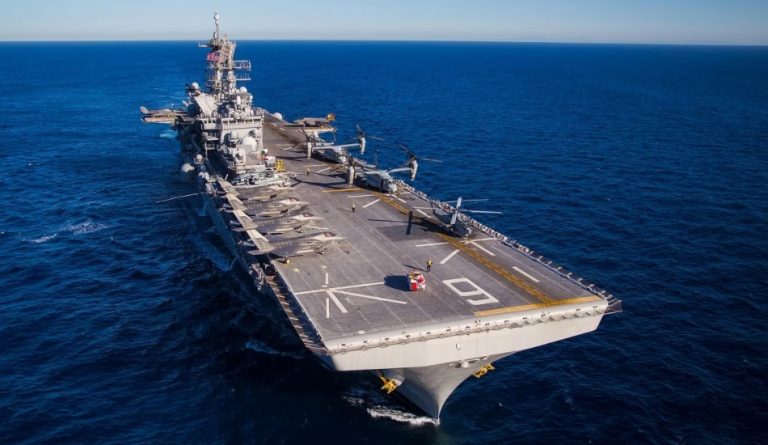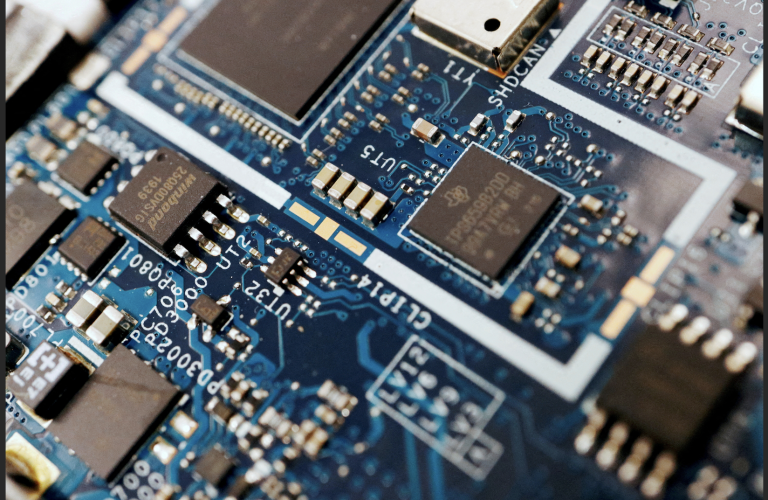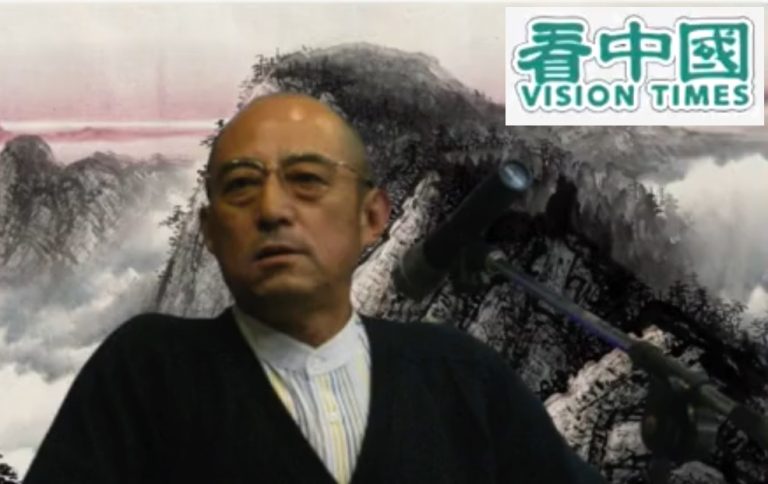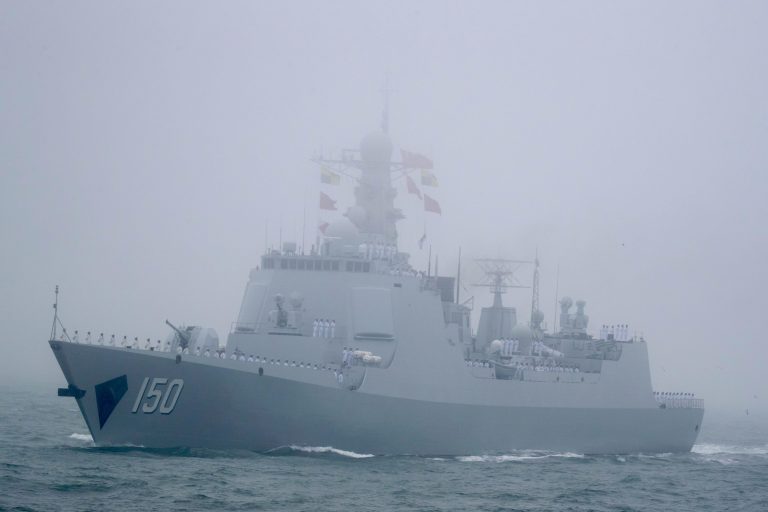American warship USS McCain recently made a routine transit through the Taiwan Strait, a narrow waterway between communist China and Taiwan. It is the first such operation carried out since Biden became the president of the United States.
It comes after Beijing made threatening statements and added military pressure to Taiwan, sending warplanes into Taiwanese territory during Biden’s first week in office. Washington criticized the incursion, reiterating that its support to Taiwan was “rock solid.”
The U.S. sent a strong signal to communist China by sending the USS McCain through the Taiwan Strait.
“The Arleigh Burke-class guided-missile destroyer USS John S. McCain (DDG 56) conducted a routine Taiwan Strait transit Feb. 4 (local time) in accordance with international law. The ship’s transit through the Taiwan Strait demonstrates the US commitment to a free and open Indo-Pacific. The United States military will continue to fly, sail, and operate anywhere international law allows,” the U.S. Seventh Fleet said in a statement. Before the transit, two U.S. reconnaissance planes and one jet tanker had flown near Taiwanese airspace.
The USS McCain sailed near the Paracel Islands, called the Xisha Islands in China. In addition to communist China, the Paracel Islands are also claimed by Taiwan and Vietnam. According to international law, any ship has the right to pass through the region. If any country demands ships to notify them before passing the area, that will violate international law.
Success
You are now signed up for our newsletter
Success
Check your email to complete sign up
By making the transit without giving any prior notification to China, Taiwan, or Vietnam, the USS McCain demonstrated that the region is free to travel without any restrictions. Specifically, it discredited communist China’s claim that the Paracel Island is its territory.

Chinese state media Global Times claimed that the PLA “expelled” the USS McCain “trespassing” in its backwaters. Chinese military accused the United States of infringing upon Chinese sovereignty and security while also disrupting the “good atmosphere” of the South China Sea.
China’s threats against Taiwan intensify
In addition to recently invading Taiwanese airspace, communist China has also been threatening violence against the island. Defense Ministry spokesman Wu Qian recently warned that his country would take all necessary measures to crush efforts to make the island independent.
“The military activities carried out by the Chinese People’s Liberation Army in the Taiwan Strait are necessary actions to address the current security situation in the Taiwan Strait and to safeguard national sovereignty and security… They are a solemn response to external interference and provocations by ‘Taiwan independence’ forces… We warn those ‘Taiwan independence’ elements: those who play with fire will burn themselves, and ‘Taiwan independence’ means war,” he said in a news briefing.
Lawmakers in Taiwan are meanwhile trying to disconnect the country from any affiliation with communist China. Fifty-eight lawmakers from Taiwan’s ruling Democratic Progressive Party (DPP) have asked the administration to update the country’s constitution by removing references to unification with the Chinese mainland.
They argue that this is essential to normalizing Taiwan’s status as an independent nation. The DPP legislator Chen Ting-fei said that the constitution reflects a “Greater China” mentality. This is in contradiction to the aspirations of its people who see themselves as Taiwanese. The lawmakers also want to change the island nation’s anthem and national emblem as both are associated with the Kuomintang (KMT). That is the DPP’s opposing political party that now carries a strong pro-Beijing stance.
Follow us on Twitter or subscribe to our email list













